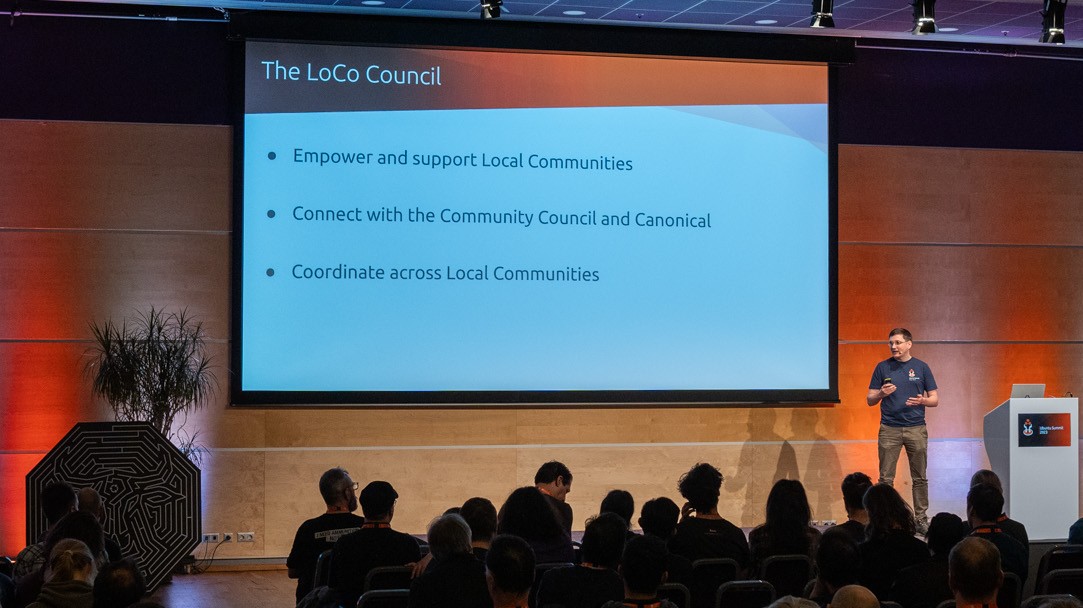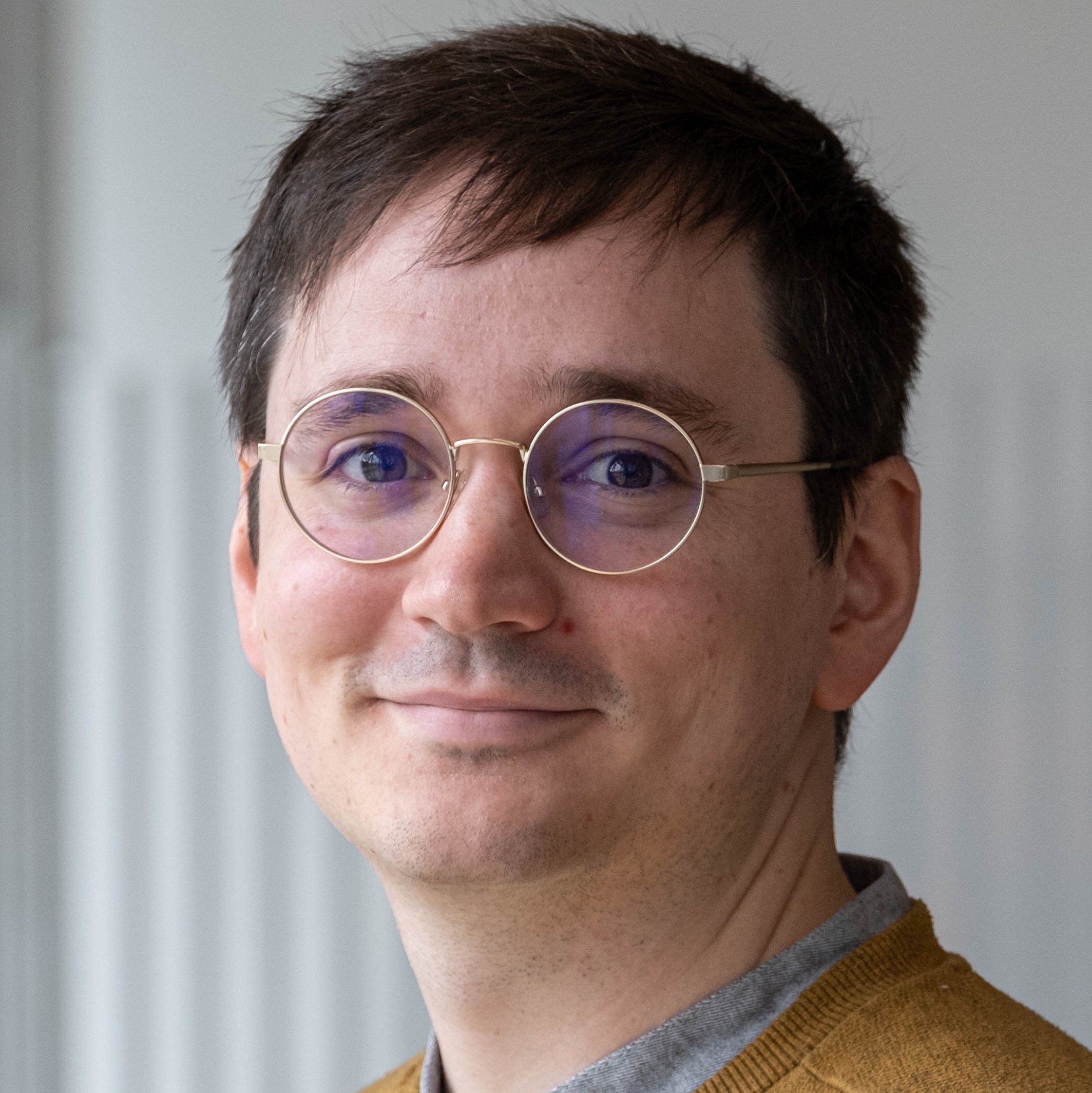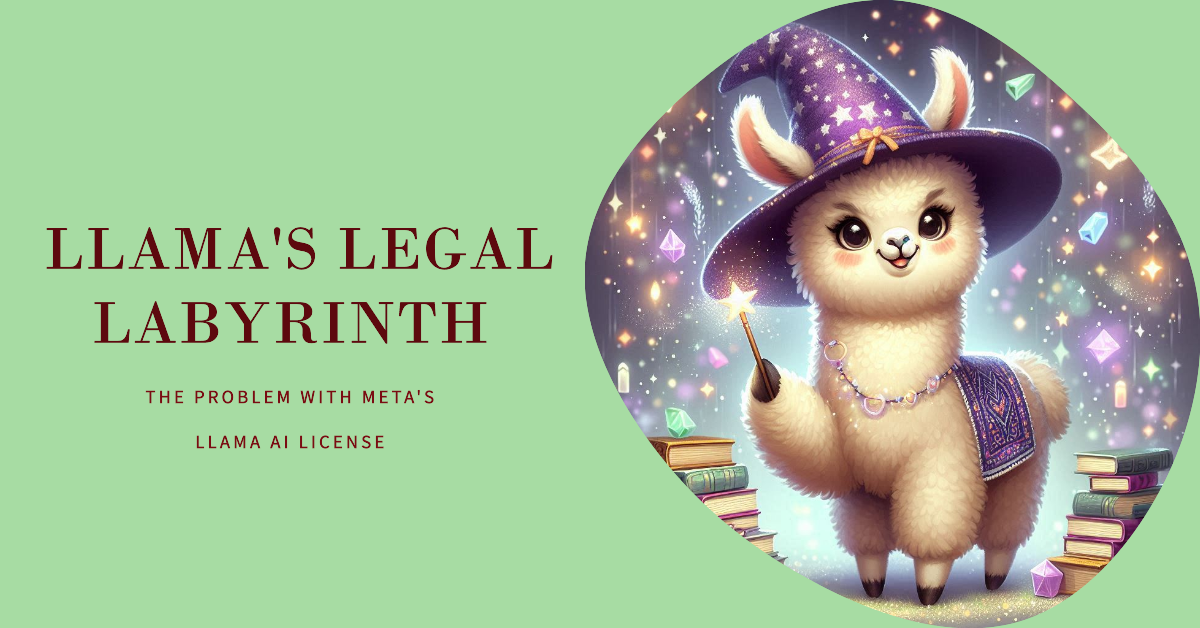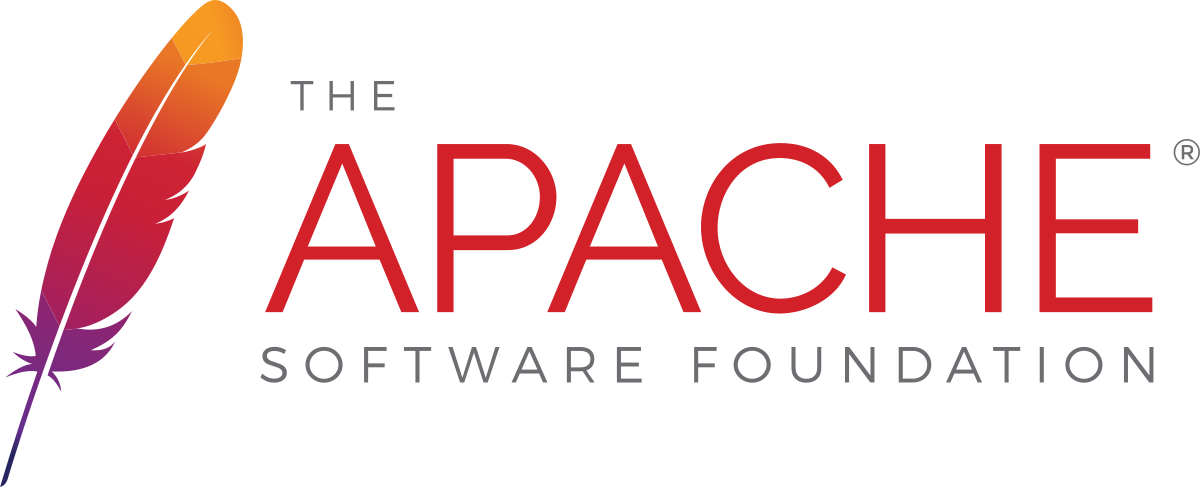
Let me tell you a secret. When I was elected to the Ubuntu Community Council in the fall of 2022, I had no idea what to expect. I was excited to start working, but I had no idea what I would be working on.
I’m clearly not the only person with this issue, given the first question of the Ubuntu Community Council Q&A session at the summit was “What does the council actually do?” The truth is that it’s complicated. I’m writing this blog to explain some of the things we’ve been doing over the past year, as a way to answer this question by giving examples.
The first part of the answer to this question is easy: the community council is responsible for enforcing the Ubuntu Code of Conduct and are the final arbiters of disputes. We’re also the highest governance body in the Ubuntu Community and run elections to delegate that power to others. If you’re an Ubuntu Member, you’ve probably received a few emails from me, asking you to once again vote on various leadership bodies.
But this isn’t the entire answer, in my opinion. The Ubuntu community is large and distributed across hundreds of projects under our umbrella. Over the past year, I’ve met so many amazing people in our community with great ideas and a lot of excitement to work on them. Many talk about success stories: how they built a new flavor out of nothing, or how they created an amazing community on Discord. But many also talk about failures: how they’re trying to build a community around their software but don’t know where to start, or how they’re trying to get their community officially recognized and supported, but don’t know where to ask. The Ubuntu project is an incredibly complex system and it’s easy to get lost.
This is where I think the community council can help. We should give guidance and support to communities and individuals in need, so they don’t get lost and can keep growing. This can come in many forms.
- Connecting the right people to give an initiative a speedboost.
- Encouraging people with great ideas to work them out.
- Setting up formal governance and delegating authority to initiatives that improve our community.
- Praising people that do good work and encouraging them to get recognized and grow into leaders.
The community council is well-positioned to do this work. We’re well-connected to both Canonical and senior community members. We have a lot of collective experience with how to get things done in this community, and the project looks to us as a unifying authority.
So what have we been doing exactly?
Kickstarting Ubuntu Matrix Governance
Ubuntu has been slowly testing out Matrix as a modern chat platform. It started as an informal Ubuntu space on a personal homeserver, and slowly grew in size as more people started getting excited. However, in November 2023, they hit an issue. Canonical had just setup a public testing homeserver for the Ubuntu community, but it received a lot of traction very quickly. Although the initial plan was to wipe the homeserver after a few months of use, suddenly entire communities started switching and using it full-time.
While this was a good issue to have, it was an issue nonetheless, because the project wasn’t actually ready for this influx of users. A lot of things needed to be decided, like how to do moderation, what to bridge, and who gets what permissions. However, it wasn’t actually clear who could make these decisions, because of how informal it started.
So to make sure this project could move forward at the speed that the community was adopting it, we decided to form the “temporary Matrix Council”, comprised of representatives from the Matrix operators, the Community Council, the IRC Council and Canonical’s community team. With a fixed term, their goal is to lead the Ubuntu Matrix project until formal elections in March. They’ve done a great job so far, you can read all about the accomplishments in the announcement of our homeserver going live.
Supporting Local Communities
While Ubuntu is an international and often digital community, we also have the concept of “Local Communities (LoCos)” that bring together community members based on geography and language. This makes it much easier to get in-person connections to our project without having to travel to the other side of the world. It also helps the diversity of our project by providing a shared voice for people with similar backgrounds. Moreover, while English is the default language of our project, Local Communities allow people to connect using other languages. As a result, they’re often a driving force behind the translation efforts that make Ubuntu available to a much wider audience.
As Bhavanishankar Ravindra pointed out last year, one of the issues holding these communities back is the lack of guidance and cross-LoCo collaboration. To solve this, he suggested to resurrect the LoCo Council. Previous attempts have failed to gather steam, but given the incredible interest, this seemed like the right time to try again. Monica Ayhens-Madon was able to setup a community council meeting where we decided to reboot the LoCo Council with new elections. After a lot of advertising at the Ubuntu Summit, we were able to get a team of nominees together and setup elections, resulting in the new LoCo Council, serving a term of 2 years.

Ask the Community Council anything
José had the wonderful idea of organizing a public Q&A at the Ubuntu Summit. Technical difficulties aside, this was a great session with wonderful feedback from the community.
Documenting how to take conflict to the Community Council
While Code of Conduct enforcement is an important part of our job, it’s not something we can publicly talk about. It’s important to ensure the privacy and safety of everyone involved, so we do not communicate publicly about investigations and actions. However, what I can talk about are some small documentation tweaks to make it more clear how people can report CoC violations and escalate matters to the community council.
- We now have a page explaining how to take conflict to the Community Council,
- and we added a statement to the end of the Ubuntu Code of Conduct explaining where members can report violations.
Saying thanks
The community council often plays only a limited role in these efforts. While we can guide and connect people, and give authority to initiatives, the real work is being done by the incredibly community that is driving this project. The LoCo council wouldn’t be here without the work of dozens of LoCo leaders to revive the initiative. The Ubuntu Matrix project started long before we got involved, and is being carried by an amazing group of volunteers. Finally, the Canonical Community Team is always there to support us when we need it.
Looking forward
There are many more things to do for us in 2024 and beyond. These are some of the initiatives I want to support in the future.
- The temporary Matrix Council is transitioning into an elected governance body.
- A number of different teams and volunteers are working to document more of Ubuntu’s processes to reduce the number of people getting lost and frustrated when trying to contribute.
- A number of projects are figuring out how to grow their communities and transition to community-based governance.
- Some old and some new flavors are figuring out how to become sustainable and grow their contributor-base.
I’m very excited for what’s to come and I have a lot of trust in the power of the Ubuntu Community to keep growing and improving. If you yourself are lost or stuck, and want to discuss any community-related topics, feel free to send be an email or contact me on Matrix!




